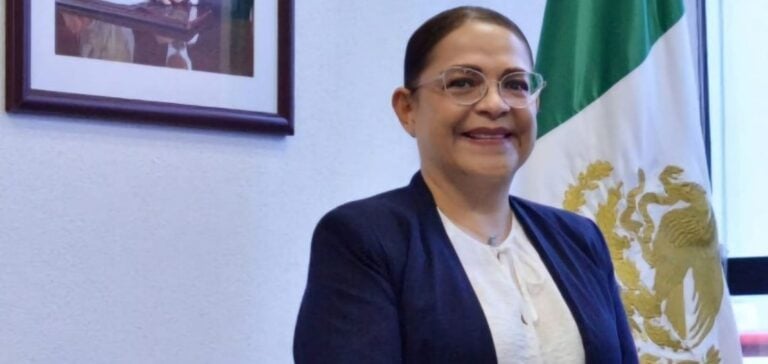On August 12, 2024, Claudia Sheinbaum, President-elect of Mexico, announced the appointment of Emilia Esther Calleja to head the Comision Federal de Electricidad (CFE).
Calleja becomes the first woman to hold this position in the company’s history.
Her appointment is one of a series of technocratic appointments made by Sheinbaum in the run-up to his taking office on October 1.
Calleja, with two decades of experience at CFE, has held a number of key positions, giving her in-depth knowledge of the company and its challenges.
At the press conference accompanying the announcement, Calleja reaffirmed her commitment to pursuing the objectives of the current government, centered on strengthening state control over the Mexican energy sector.
An energy sector under pressure
Energy policy under the presidency of Andrés Manuel Lopez Obrador has been strongly criticized, especially by the opposition, which deplores costly and inefficient management, particularly in the field of renewable energies.
Mexico experienced occasional blackouts during the year, exacerbated by record temperatures.
Against this backdrop, Calleja’s appointment comes at a crucial time for CFE, which will have to respond to these challenges while remaining faithful to the government’s political orientations.
Sheinbaum has also indicated that she will shortly unveil the details of her energy policy, which will include projects in both hydrocarbons and renewable energies.
Her administration’s approach is intended to be fiscally prudent, with an emphasis on financing mechanisms that do not add to the country’s debt.






















